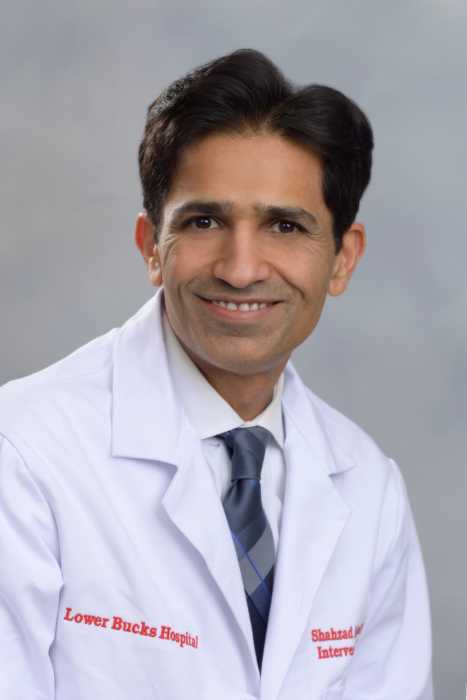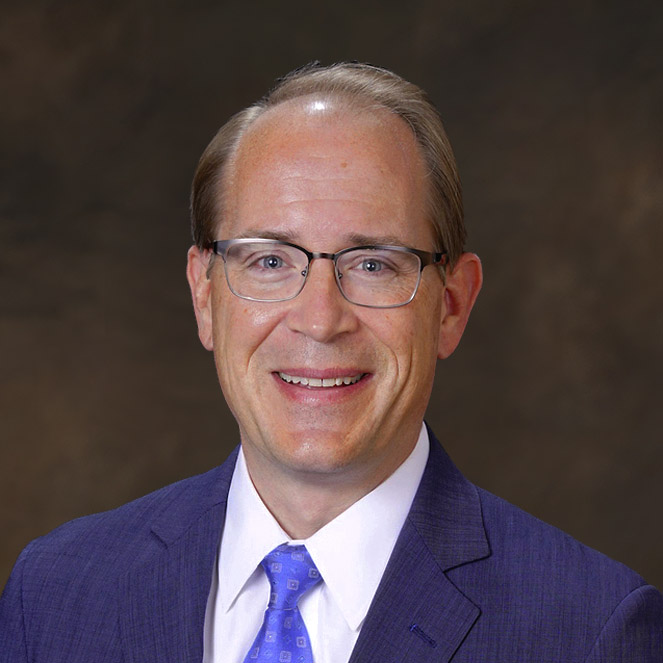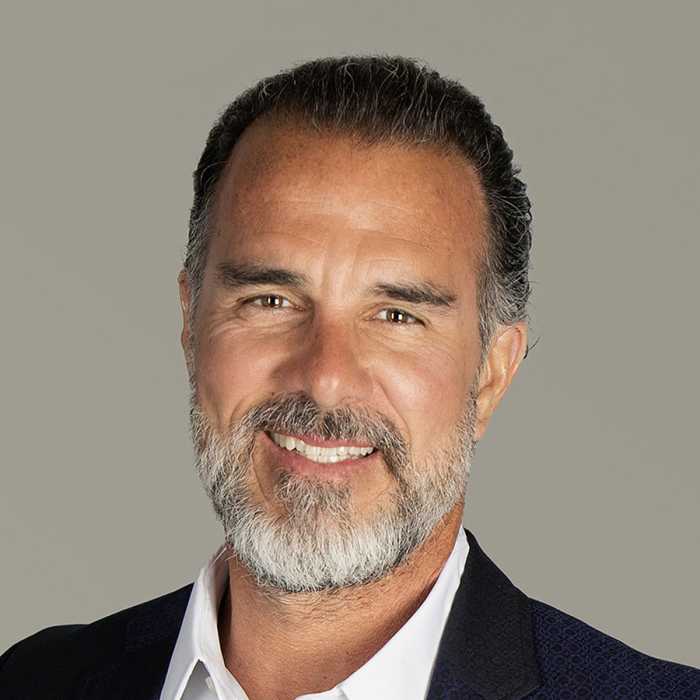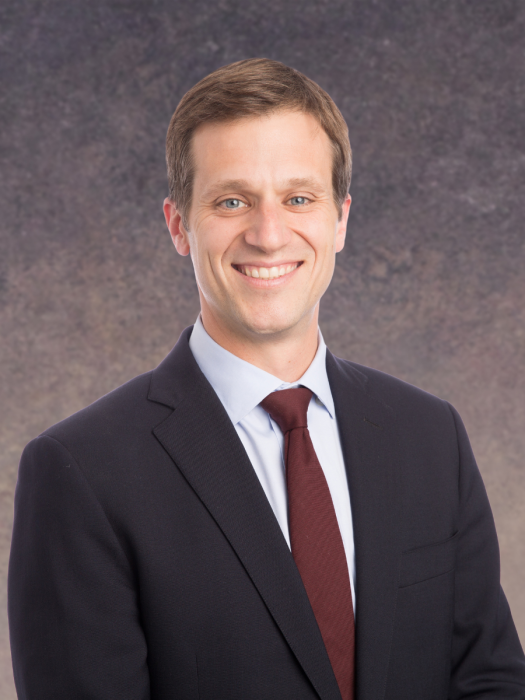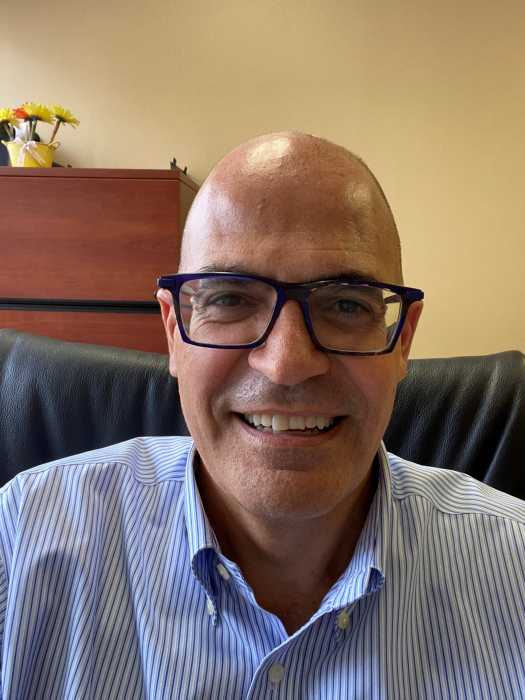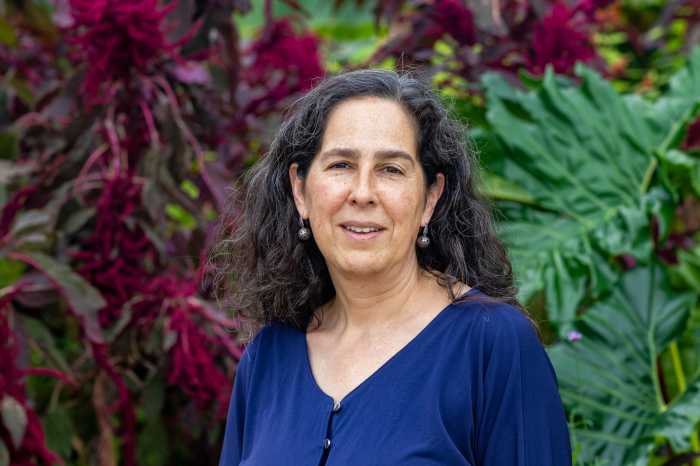Joe Baffone leads the overall business development, strategy, and culture of Annexus Health. Prior to co-founding Annexus Health, Joe spent seven years as a principal at onPoint Oncology, where he conceived, built, implemented, and monetized cancer access solutions. Before this, Joe spent over 20 years working in life sciences and dedicated the majority of his time to the business of oncology, where he established strategies and led teams dedicated to contracting, pricing, reimbursement, payer, and access functions, as well as establishing and maintaining strategic relationships with key oncology organizations.
What can Pennsylvania policymakers do to ensure equitable access to quality healthcare?
Access to healthcare and access to quality healthcare are two separate goals that can be pursued simultaneously with more balance and less rancor. Take drug pricing, for example–without a balanced approach to drug pricing controls, we create a shift that reduces profitability for life science companies and reduces investment in innovation. Policymakers must end the division over ideology and find a compromise. If drug pricing controls are sought with the singular goal of providing affordable access, we lose out on the long-term prospects of advanced quality healthcare. Striking a balance that sustainably rewards these companies will drive innovation and quality care. Another recommendation is to loosen onerous charity assistance administration regulations. The prior mishandling of assistance programs has created an environment of overregulation that is stifling our ability to optimize assistance for those in need.
When and why did you decide to pursue a career in healthcare?
Personal and family experiences drove me to critically assess how access to healthcare in complex disease states is provided. After witnessing the fragmented and disparate reality of access solutions and patient care management, my co-founder, Brad Frazier, and I decided to focus on generational disruption through technology and service offerings. We have achieved a lot in a relatively short time by building a company with great workflow expertise and a tech-focused approach that accounts for the entire cycle of administrative functions associated with finding needed access services and managing them all in one place. Technology built with a foundation of workflow expertise is where we started, then we added a best-in-class services division to assure that workflow and technology are optimized for incredible results. By doing so, Brad and I are improving the patient care journey and allowing more patients to get the care they deserve in the way it was intended.
How do you see the healthcare industry evolving in the next five years?
There are a couple of significant decisions that have been made by the CMS and ONC that are continuously driving consequential change and maximizing the efficient use of technology in healthcare to improve patient outcomes. The first is the meaningful use of electronic health records. It was a painful process, but one that was critically important for patient care. The other is interoperability. The CMS and ONC’s final ruling, when a good carrot and stick system is implemented, will ultimately play a dramatic role in healthcare system advances. The shift to meaningful use of electronic health records was a foundational necessity for interoperability. We are already seeing incredible improvements in how organizations approach the sharing of patient data versus the standard approach of putting walls around the data for organizational gain. This focus will drive collaboration and a more longitudinal approach, ultimately advancing efficiency to improve how care is delivered.
The CMS and ONC’s shift in these areas has advanced Annexus Health’s vision of disrupting the healthcare industry more than any outside factors. We see our company as the fourth enterprise platform for provider organizations to manage the administrative and logistical functions of the patient care journey. Our technology is sitting alongside electronic health records, revenue cycle management, and pharmacy dispensing software to share the information needed to manage the administrative functions surrounding the patient care journey. As we advance our software and service offerings, we will facilitate an ecosystem that enables service and data companies to provide solutions that materially impact patient care.



